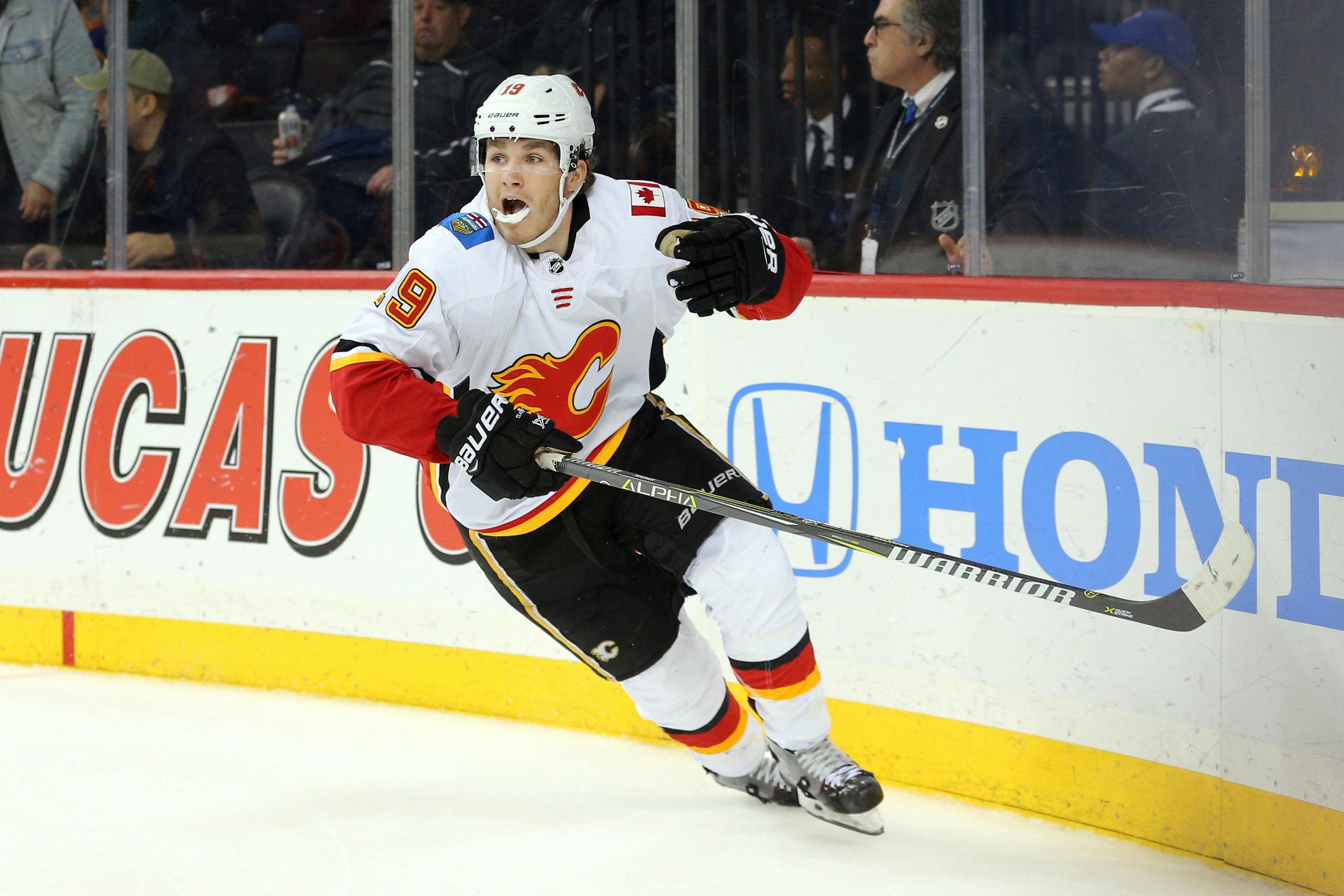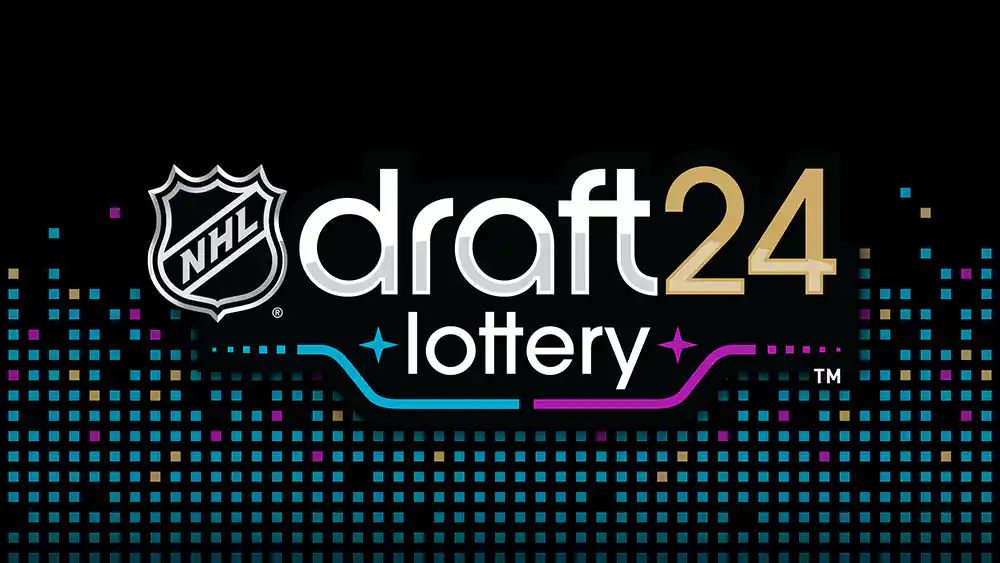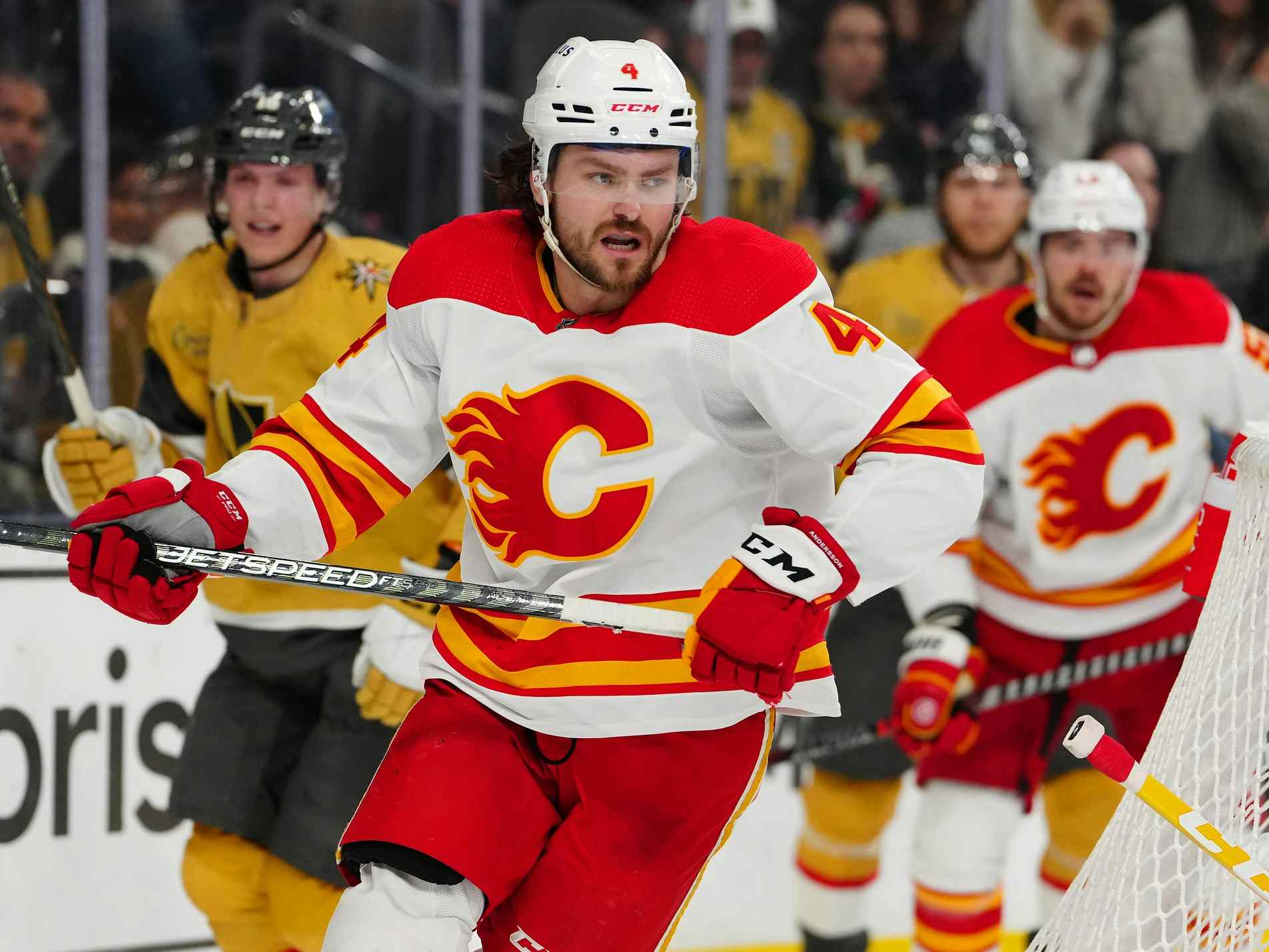Flames and Matthew Tkachuk play the waiting game

By Ryan Pike
5 years agoThe biggest piece of lingering contractual business for the Calgary Flames is a new contract for pending restricted free agent Matthew Tkachuk. But both the Flames and Tkachuk’s camp seem content to play the waiting game and work on a deal in the offseason for a few key reasons.
Next season’s salary cap
This season’s salary cap is $79.5 million. This cap is expected to rise to between $81.4 and $84.5 million (per Elliotte Friedman) – it would rise to $82.4 million if the NHLPA elects to use same 1.25% cap escalator they did last summer. Barring anything weird happening, that’s probably the scenario to expect.
The cap matters for two reasons. First, the level of cap determines the space the Flames have available – or the space they’ll need to create – to fill out their 2019-20 roster. The other reason is that certain comparable contracts may have been signed when the salary cap was lower, so taking into account the percentage of cap space the old deals took up (and accounting for cap inflation) could be important. Both sides of the negotiation are likely a bit hesitant to make firm offers without knowing the cap landscape for 2019-20 (and beyond).
Framing the marketplace
The Tkachuk camp is probably looking at a handful of contracts as potential comparisons for Tkachuk. As Friedman mentioned on his Monday appearance on Sportsnet 960 The Fan, the Flames likely have a desire to keep Tkachuk’s cap hit at (or below) Johnny Gaudreau’s $6.75 million AAV.
Gaudreau had 143 points over 160 games during his entry-level contract, good for 0.894 points per game. Following Thursday’s game against Montreal, Tkachuk has 118 points over 163 games for a 0.724 points per game rate. Even adjusting a bit for cap inflation, the case for keeping Tkachuk below Gaudreau’s cap hit isn’t awful. Focusing just on their production, Tkachuk would fall around 7.4% of the cap ceiling – or around $6.1 million per season with an $82.4 million cap.
But the marketplace isn’t just the contracts that Brad Treliving has signed with his own players. Tkachuk’s agent will be comparing his production to the production other players who signed lengthy deals coming out of their entry-level contracts.
- Detroit signed Dylan Larkin (0.578 points per game) to a five-year, $6.1 million AAV contract in August.
- Winnipeg signed Nikolaj Ehlers (0.686 points per game) to a seven-year, $6 million AAV contract in October.
Based on those two deals and each player’s entry-level production, Tkachuk should be asking for a fair bit more than $6.1 million per season. The challenge for the Flames and Tkachuk’s agent is figuring out what the appropriate level for him should be, which is why they’ll be watching to see what current RFA William Nylander (Toronto) and pending RFAs Sebastian Aho (Carolina) and Timo Meier (San Jose) end up signing for. And if nothing else, the new deals for Patrik Laine (Winnipeg), Mikko Rantanen (Colorado) and Auston Matthews (Toronto) will set a hard ceiling on what Tkachuk could be asking for.
The ‘Giordano cap’ and internal salary structure
Since Treliving became Flames general manager, the club’s had an unwritten rule: nobody makes more than the team’s best player, Mark Giordano. When TJ Brodie signed his extension in 2014-15 – he had a year left on his deal and Giordano had two years left on his – his salary in the 2015-16 season was $3.9 million, $100,000 less than Giordano’s $4 million salary. He didn’t make more than Giordano, even for a season.
With Giordano and Gaudreau established as the team’s best players right now, could their $6.75 million salaries be used to guide what Tkachuk gets in order to maintain the club’s internal salary structure? Both Giordano and Gaudreau have three seasons remaining, so perhaps the Flames and Tkachuk’s camp rig up a deal where – hypothetically – he makes around Giordano/Gaudreau money for the first three seasons and then his salary is adjusted on the back half of the deal? In other words, respecting the “Gio cap” on the front end and then paying Tkachuk more in the later years when he’s more likely to be the team’s best player.
The Brodie and Gaudreau negotiations seem to indicate that salary structure has at least symbolic importance for Treliving, and he’s been pretty effective at using contractual leverage and internal structures to keep cap hits down. If he doesn’t get a deal he likes, he’s been fine with waiting the other side out to get the deal he wants.
Time is on everyone’s side
When his contract expires on July 1, Tkachuk becomes an RFA with no arbitration rights – he has some leverage, but not a ton. By all indications, both the Flames and Tkachuk are happy and wish to come to a fair long-term arrangement. But with a shifting salary cap, an unclear and evolving market for skilled players leaving their entry-level years, and Tkachuk himself evolving rapidly as a player, it’s unclear what a “fair” long-term deal would be.
In an ideal world, the Flames would get Tkachuk inked to a long-term deal and then work on solidifying their goaltending tandem for 2019-20 (and beyond). But with Mike Smith’s challenges early this season, David Rittich impressing early in a contract year, and an unclear market for goaltenders, playing wait and see on all fronts seems to be the prudent course of action. There are several potential dominoes that have yet to fall that will provide clarity on Tkachuk’s contractual demands, and other situations surrounding the team.
One thing’s for sure, to quote Friedman: “Tkachuk’s going to get paid.”
Recent articles from Ryan Pike





